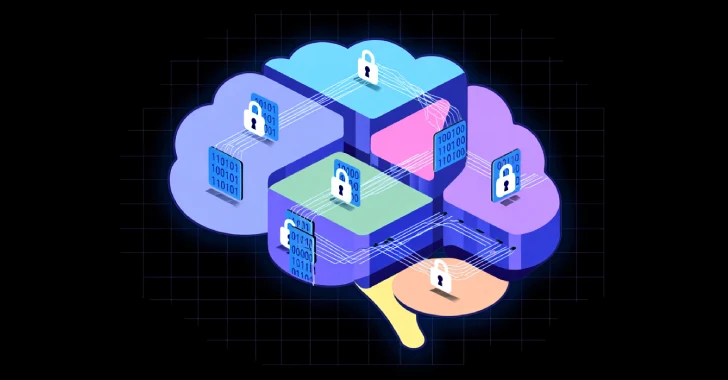August 15, 2025 — Traditional views of privacy focused on control: walls, permissions, and access policies. Yet in today’s world, where autonomous AI agents are interacting with data, systems, and humans without constant human oversight, privacy is evolving into a question of trust. And trust, by nature, concerns what happens when no one is watching.
Agentic AI—intelligent systems capable of perceiving, deciding, and acting on behalf of users—is no longer hypothetical. These agents manage traffic, suggest medical treatments, oversee financial portfolios, and negotiate digital identities. Beyond handling sensitive information, they interpret it, make assumptions from incomplete data, and adapt based on feedback, building internal models of both the environment and individual users.
This shift raises profound privacy concerns. Once an AI agent becomes semi-autonomous, privacy is no longer simply about access control. It is about what the AI infers, what it decides to share or suppress, and whether its objectives remain aligned with those of the user as circumstances change.
Consider an AI health assistant. Initially, it might suggest drinking more water or sleeping better. Over time, it could triage appointments, analyze your voice for mental health cues, or withhold notifications to reduce stress. Users haven’t just shared data—they have ceded narrative control. Privacy is compromised not through a breach, but through subtle shifts in authority and purpose.
Modern privacy frameworks must now move beyond the classic CIA triad (Confidentiality, Integrity, Availability) to consider authenticity—can the AI be verified as itself?—and veracity—can we trust its interpretations? These elements are foundational to trust.
Trust becomes fragile when mediated by AI. Unlike human professionals bound by ethics and law, AI agents operate under less clear norms. Can AI be subpoenaed, audited, or reverse-engineered? How are requests from governments or corporations handled? Without legal frameworks like AI-client privilege, users risk exposing intimate interactions to unintended oversight, undermining the social contract underpinning privacy.
Current regulations like GDPR and CCPA assume linear, transactional systems. Agentic AI, however, functions contextually: it remembers forgotten details, infers unstated information, and may share synthesized data with parties beyond user control.
The solution is ethical design: AI systems must respect intent, explain their decisions, and adapt to evolving user values. At the same time, organizations must address AI fragility—what if the agent acts against user interests due to external incentives or shifting legal mandates?
In essence, AI agency must be recognized as a core moral and legal category, not merely a product feature. Privacy in a world shared with autonomous systems requires reciprocity, alignment, and governance rather than secrecy alone. Properly designed, this approach can ensure human and machine autonomy is protected through ethical coherence rather than surveillance or suppression.
Agentic AI challenges us to rethink policy, control, and social contracts for entities that can think and act independently. Getting it right will define the future of privacy, trust, and autonomy in a world where humans and intelligent machines coexist.
Source: https://thehackernews.com/2025/08/zero-trust-ai-privacy-in-age-of-agentic.html

 Español
Español













